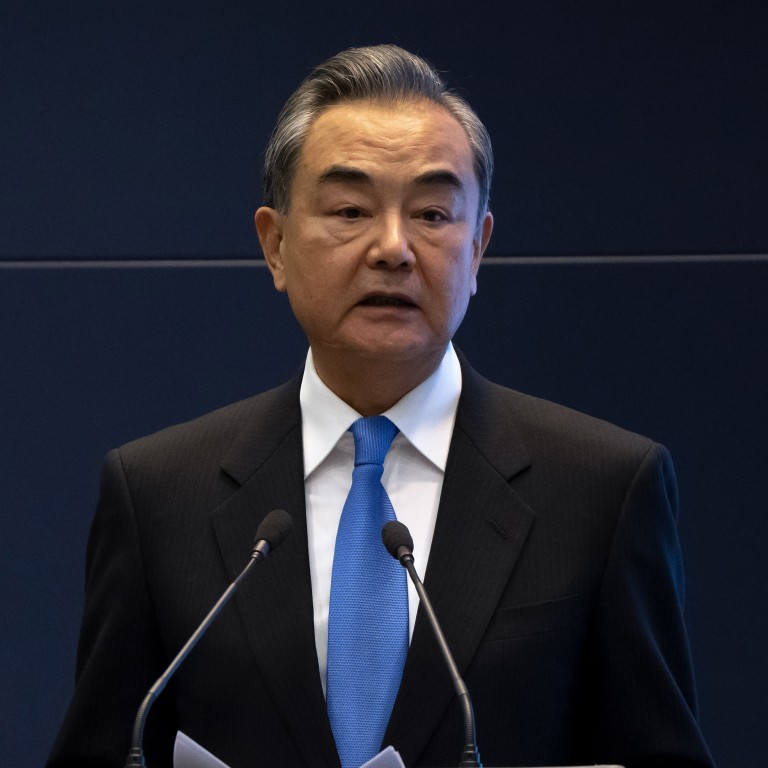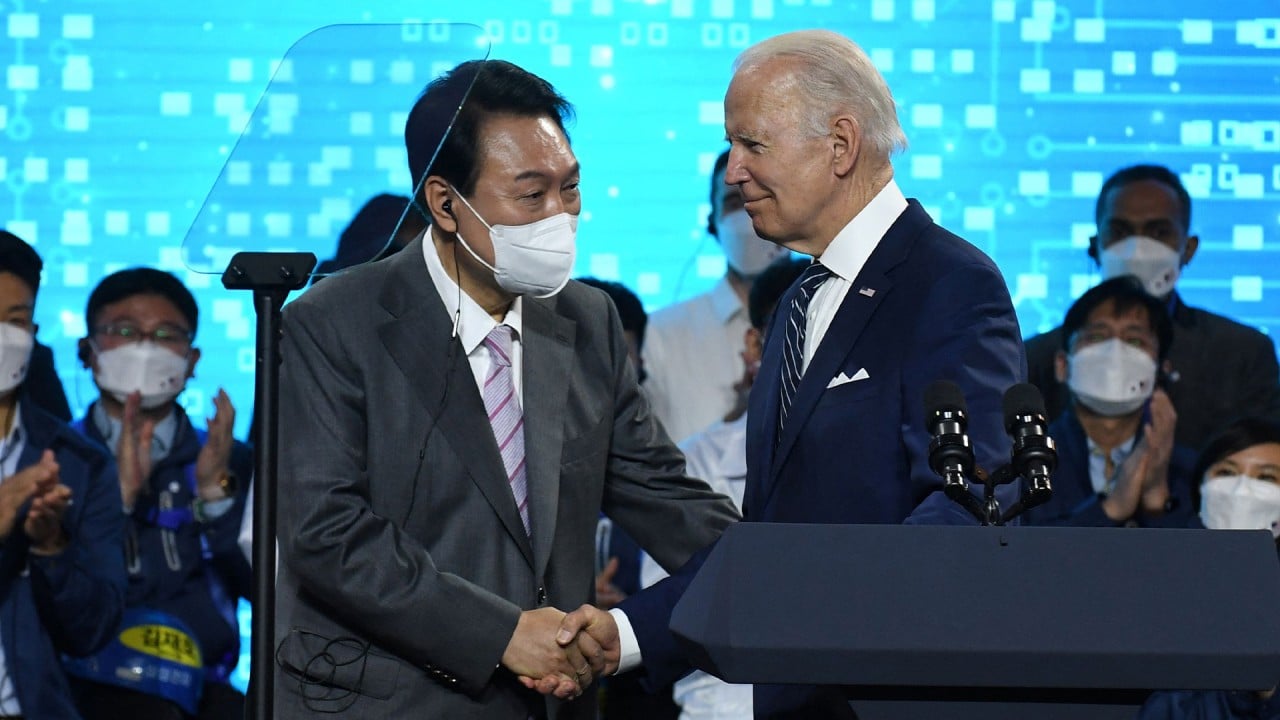
China drums up support for global security push in Latin America as US looks to Asia
- Uruguay and Nicaragua endorse an initiative proposed by Xi Jinping last month
- Security partnerships with Beijing are a new idea for the region, analyst says
In phone calls with his counterparts from Uruguay, Nicaragua and Ecuador, Wang Yi said China opposed efforts by “some countries” to use ideology to divide the international community and it had no geopolitical considerations when working with Latin America.
Xi also said the initiative opposed political factions and upheld “indivisible security”, a Russia-backed concept that a country’s security cannot be isolated from others in the region.
The foreign ministers of Uruguay and Nicaragua both said on Friday that they welcomed the initiative on maintaining global security.
Nicaraguan Foreign Minister Denis Moncada told Wang that his country would join the initiative, while Uruguay’s Francisco Bustillo said the plan aligned with Uruguay’s foreign policy position.
“Uruguay appreciated the proposals made by President Xi Jinping regarding the Global Development Initiative and the Global Security Initiative, the main aspects of which coincide with Uruguay’s traditional foreign policy position,” a Uruguayan foreign ministry statement quoted Bustillo as saying.
Juan Carlos Holguin, the Ecuadorean foreign minister, did not refer to the initiative but said Ecuador supported China in safeguarding its sovereignty, “security and development interests”.
The calls come as the US presses on with President Joe Biden’s new Indo-Pacific strategy, which is aimed at countering China’s growing influence through alliances and military deterrence in Southeast Asia.
As part of that push, Biden met eight leaders of Asean countries in Washington earlier this month and has been in South Korea and Japan in the last few days.
Dong Jingsheng, a Peking University professor specialising in Latin America, said China’s ties with countries in the region had been dominated by economic cooperation and trade, and the idea of global security partnerships was new.
However, he said there was no evidence that Beijing’s engagement of countries in the region was related to Biden’s Asean summit or recent activities in Asia, and it was unclear how the Global Security Initiative would operate.
While details were lacking on the initiative, Guo Cunhai, director of the Centre for China and Latin America Studies in Beijing, said China nonetheless wanted to signal that it stood by countries that had fewer allies or friendly ties, especially since the start of the war in Ukraine.
“To many nations in the Global South, development is a fundamental issue,” he said.
“The conflict between Russia and Ukraine showed that security and development are closely related. If there is no security, then there is no stable environment for development.”
Meanwhile, Wang criticised Biden’s Indo-Pacific strategy in a call with Pakistani counterpart Bilawal Bhutto Zardari on Sunday, accusing Washington of using issues like Taiwan and the South China Sea to “instigate confrontation” in the region.
“The US contrived the Indo-Pacific strategy under the banner of freedom and openness, yet it has enthusiastically formed cliques and created ‘small circles’,” he said.


